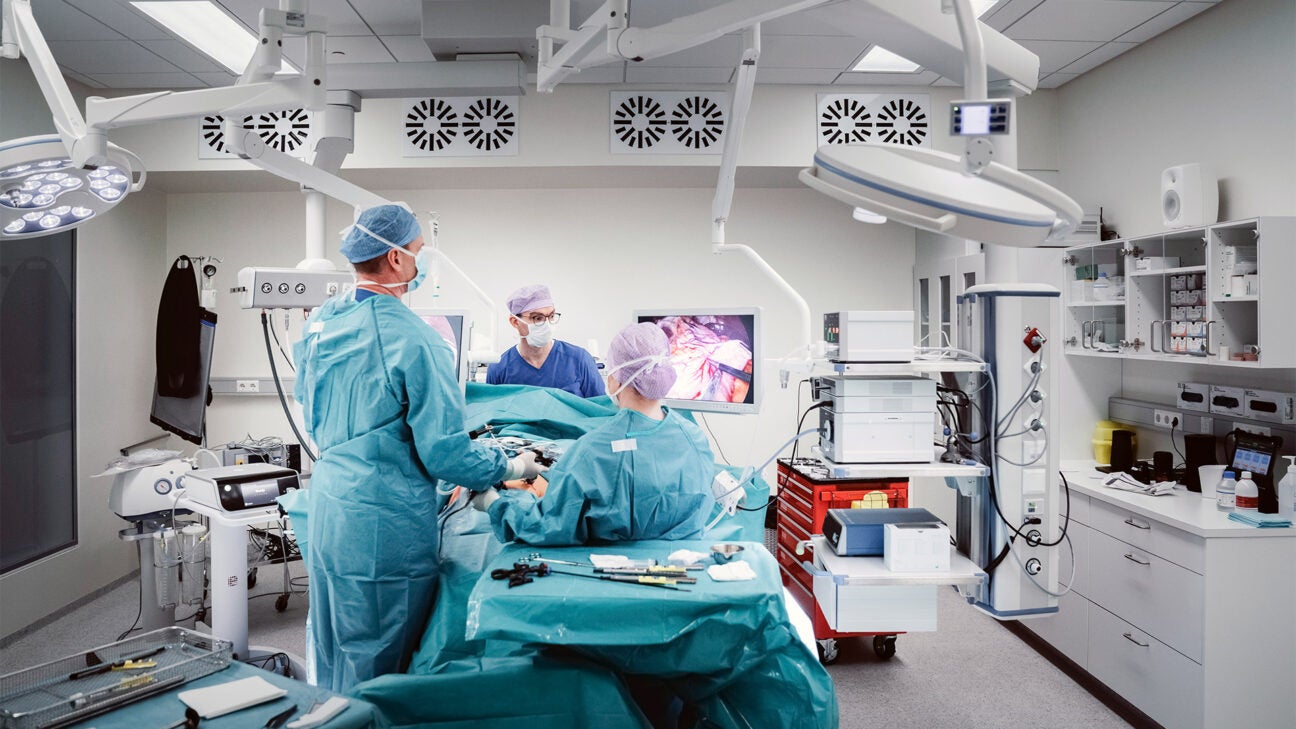Metabolic and bariatric surgery stands as a cornerstone in the treatment of obesity and its associated health conditions. These surgical interventions not only facilitate significant weight loss but also improve or resolve comorbidities such as type 2 diabetes, hypertension, and sleep apnea. This blog provides a detailed overview of the various types of metabolic and bariatric surgery procedures, their benefits, risks, and what patients can expect.
Obesity is a global health issue associated with numerous medical conditions that can significantly impair quality of life and increase mortality risk. When traditional methods of weight loss, such as diet, exercise, and medication, do not yield sufficient results, metabolic and bariatric surgery offers a viable and effective alternative. Understanding the different procedures and their implications is crucial for individuals considering this life-changing step.
Types of Metabolic and Bariatric Surgery
Roux-en-Y Gastric Bypass (RYGB)
Overview
Roux-en-Y Gastric Bypass is one of the most commonly performed bariatric surgeries. This procedure involves creating a small pouch from the stomach and connecting it directly to the small intestine, bypassing a large part of the stomach and duodenum.
Benefits
- Significant long-term weight loss
- Improvement or resolution of diabetes
- Reduction in cardiovascular risk factors
Risks
- Nutritional deficiencies
- Dumping syndrome, leading to nausea and dizziness post-meal
Sleeve Gastrectomy
Overview
Sleeve Gastrectomy involves removing approximately 80% of the stomach, leaving a tube-like portion of the stomach in place. This reduces the amount of food that can be consumed and decreases hunger-inducing hormones.
Benefits
- Substantial weight loss
- Lower risk of complications compared to gastric bypass
- No rerouting of the intestines
Risks
- Irreversible
- Risk of acid reflux
Adjustable Gastric Banding
Overview
This procedure involves placing a band around the upper part of the stomach to create a small pouch that can hold only a small amount of food. The band’s tightness can be adjusted to change the size of the passageway between the pouch and the rest of the stomach.
Benefits
- Less invasive than other procedures
- Reversible and adjustable
- Shorter recovery time
Risks
- Slower weight loss
- Potential for band slippage or erosion
Biliopancreatic Diversion with Duodenal Switch (BPD/DS)
Overview
A more complex procedure, BPD/DS involves removing a large part of the stomach and rerouting the intestines to limit food absorption. This procedure is typically recommended for individuals with a higher body mass index (BMI).
Benefits
- Greater weight loss than other surgeries
- Significant improvement in obesity-related conditions
Risks
- Higher risk of nutritional deficiencies
- More complex surgery with a longer recovery time
Choosing the Right Procedure
The choice of procedure depends on several factors, including the patient’s health status, weight loss goals, and potential risks. A thorough evaluation by a multidisciplinary team, including a bariatric surgeon, dietitian, and psychologist, is essential to determine the most suitable approach.
Preparing for Surgery
Patients must undergo a comprehensive preoperative assessment, which may include dietary counseling, psychological evaluation, and medical clearance. Preparing mentally and physically for the changes post-surgery is crucial for success.
Life After Surgery
Diet and Nutrition
Post-surgery, patients will need to adhere to a strict diet, starting with liquids and gradually transitioning to solid foods. Nutritional supplements are often required to prevent deficiencies.
Lifestyle Changes
Regular exercise, ongoing nutritional counseling, and support group participation are vital components of maintaining weight loss and health improvements.
Follow-up Care
Regular follow-up appointments are necessary to monitor weight loss, nutritional health, and the resolution of comorbidities. Adjustments to the dietary plan and lifestyle may be needed based on these follow-ups.
Metabolic and bariatric surgery offers a powerful tool in the battle against obesity and its related health conditions. While these procedures can provide significant benefits, they also require a lifelong commitment to lifestyle changes and medical follow-up. For those considering surgery, a thorough understanding of the different procedures, along with a detailed discussion with a healthcare provider, is essential to making an informed decision that aligns with their health goals and lifestyle.

